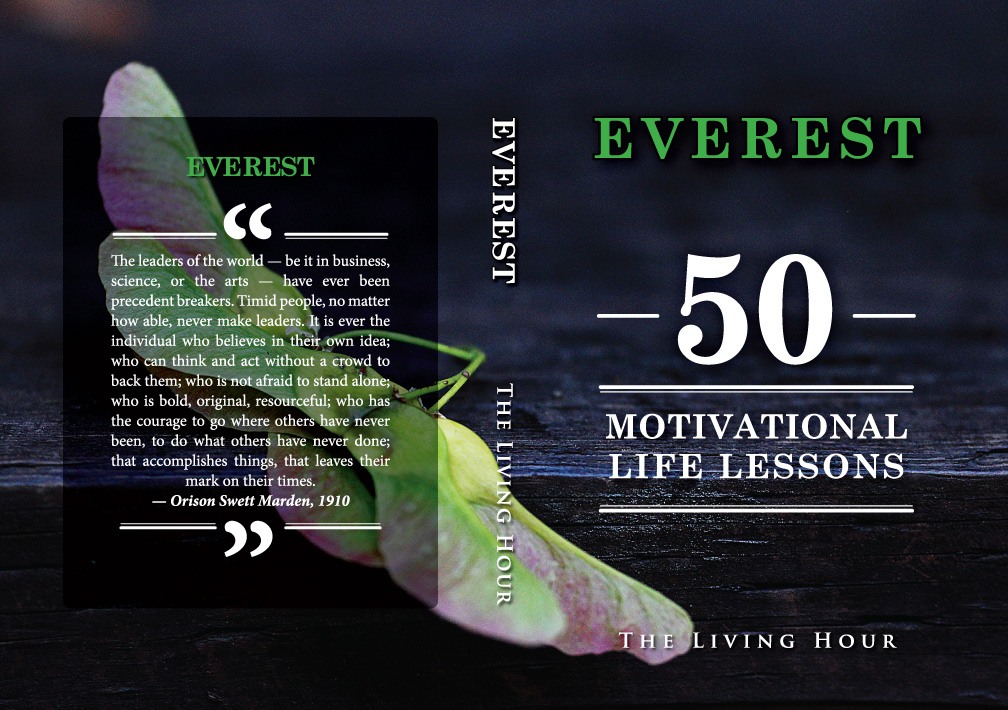11 Apr How to Make the Most Out of Life – Motivational Podcasts
Welcome to the Inspirational Living podcast. Today, we have hit a new milestone. It’s our 150th podcast and we’ve just passed 2 million downloads. I would like to take this time to thank you all again for bringing our podcast into your lives. It’s truly an honor.
One of the main things that keeps me inspired to continue this podcast is knowing that is having a positive impact on so many lives. I do love hearing back from you about how our podcast has helped you achieve your goals and live more joyfully.
You can contact me personally via the contact form on the LivingHour.org website, or you can reach out to us by leaving a review at the iTunes store, Stitcher.com, or Google Play. I do read all of the reviews we receive on these platforms and would be grateful to hear back from you in a review.
Now, let’s move on to today’s reading, which was edited and adapted from The Aim of Life by Philip Stafford Moxom, published in 1894.
Today, I want to talk with you of time and how to save it. Why should we save time? Because time is opportunity for life, and time lost cannot be recovered; it is lost forever. Each moment comes to us rich in possibilities, bringing to us duty, privilege, and the call for achievement. All life is condensed into the moment that we call “now,” and the wasting of a moment is, for that moment, the wasting of a life.
“Dost thou love life?” said Poor Richard, “then do not squander time, for that is the stuff life is made of.”
The chief interests of life are moral and spiritual; all else is scaffolding and instrument; all else takes its significance from these. Not knowledge and achievement, but character and destiny, are life’s fundamental concerns; and in relation to these, time has a transcendent value.
“We all complain,” said Seneca, “of the shortness of time; and yet we have more than we know what to do with. Our lives are spent either in doing nothing at all (or doing nothing to the purpose), or in doing nothing that we ought to do. We are always complaining that our days are few, and acting as though there would be no end of them.”
Among all our economies there is none, perhaps, more important, and none less understood and less wisely practiced, than a true economy of time. What is it to save time? It cannot, like money, be hoarded; it can be saved only by the manner in which it is spent, for spend it we must.
Time spent in recreation, or in seeming idleness, is not necessarily wasted; proper recreation and rest of body and mind are necessary elements of a true economy of time.
“Take rest,” said Ovid; “a field that has rested gives a bountiful crop of corn.” On the other hand, time spent in work is not always saved; work is waste if it be done at the expense of needed recreation. Often time is wasted because it is devoted to work that were better left undone. Trivial and needless tasks (tasks that are invented merely to give essential indolence the appearance of industry) belong to the spendthrift of time. How much work is but time elaborately thrown away!
READ THE ENTIRE ESSAY IN EVEREST: 50 MOTIVATIONAL LIFE LESSONS

